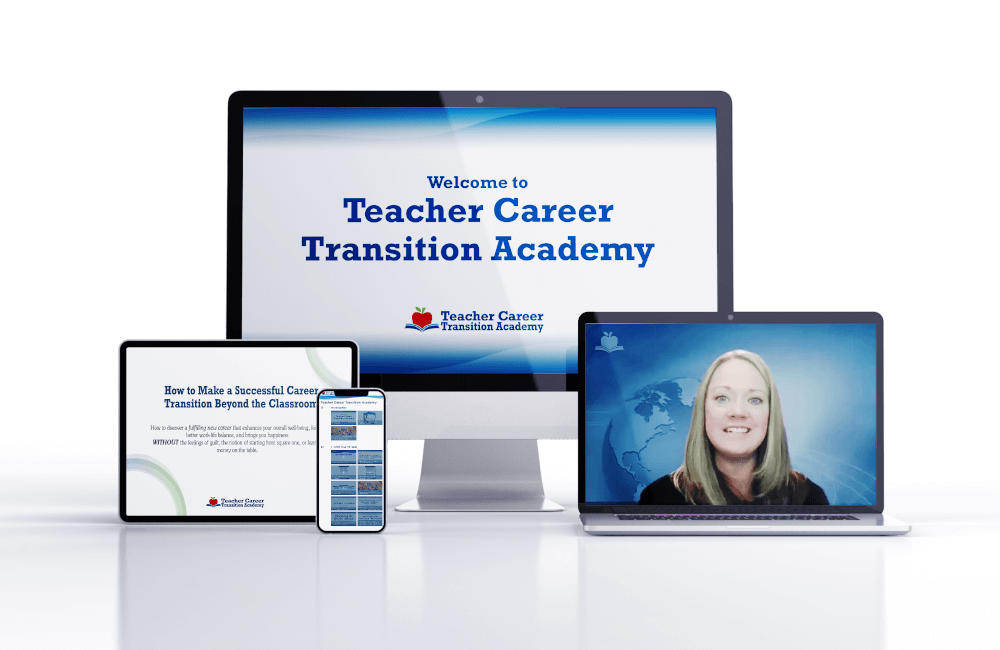
Transitioning from a teaching career to a new professional path requires highlighting your accomplishments effectively. Reflecting on your achievements and recognizing their significance is a crucial step in building confidence for interviews. In this blog post, we will delve into the insights provided in a video transcript to help you showcase your accomplishments with pride and tell impactful stories that resonate with employers.
1. Reflecting on Accomplishments:
Begin by reflecting on your accomplishments from the past ten years of your career. Recognize both your personal and professional achievements. Remember, employers are interested in your most recent decade, so focus on accomplishments within that timeframe. Reflecting on your achievements boosts your confidence and provides a foundation for discussing them during interviews.
2. Professional Accomplishments:
Consider professional accomplishments that highlight your skills and strengths. For instance, developing and implementing a successful professional development workshop for educators on autism spectrum disorder showcases your leadership, organizational, and presentation skills. Highlight projects you have completed, goals achieved, and challenges overcome. Quantify your success whenever possible, as it adds credibility and impact to your achievements.
3. Personal Accomplishments:
Don't overlook personal accomplishments that demonstrate your involvement in networking groups, community service, or volunteerism. For example, serving on a fundraising committee and raising $30,000 for an annual event showcases your initiative and ability to make a meaningful impact outside of your professional responsibilities.
4. Documenting Achievements:
Create a written record of your work achievements to serve as evidence of your excellence. Maintain a living document, such as a Google Doc, where you can continuously add to your list. Include details about completed projects, exceeded expectations, and goals accomplished. If possible, quantify your achievements with data and statistics to provide concrete evidence of your success.
5. Aligning Accomplishments with Job Descriptions:
When assessing your achievements, consider how they align with the job descriptions of your target positions. Review the requirements and responsibilities outlined in the job description and identify accomplishments that demonstrate your suitability for the role. Highlighting relevant achievements during interviews helps validate your capabilities and showcases your track record of success.
6. Storytelling: Bringing Achievements to Life:
When discussing your accomplishments, employ the power of storytelling. Craft your achievements into engaging narratives that illustrate your points and resonate emotionally with interviewers. Stories allow interviewers to visualize your experiences and create a memorable connection. Incorporate facts, numbers, and the problem-solution format, emphasizing progress and growth. Stories stick in the minds of interviewers, making them more likely to remember your achievements.
Showcasing your accomplishments effectively is crucial when transitioning careers as a teacher. By reflecting on and documenting your achievements, aligning them with job descriptions, and presenting them through storytelling, you can impress employers and leave a lasting impact. Remember, your accomplishments reflect your capabilities and provide evidence of your success. Embrace your achievements, tell compelling stories, and confidently navigate your career transition journey. If you haven’t yet, join LearnWorld’s Facebook Group, Teacher Career Transitions (LearnWorld).
About This Post:
This blog post is based on information shared within the Teacher Career Transition Academy. To learn more about this particular topic, refer to the video title “Approaching a Job Interview with Confidence” located within the Teacher Career Transition Academy.



